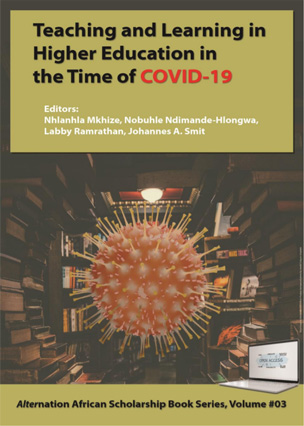Using corpora in online isiZulu language teaching
Abstract
The impact of the Covid-19 global pandemic on higher education in South Africa has inspired the academy to adopt new pedagogies in the teaching of African languages. This chapter shows that through the use of an isiZulu corpus, African language courses can be offered online, using digital humanities methodologies such as the AntConc concordance program. African languages are resource-scarce languages (Bosch et al. 2007; Pretorius & Bosch 2003; Keet & Khumalo 2014). This scarcity includes the paucity of exhaustive grammatical descriptions, the compilation of both large and specialized corpus resources, and the development of machine-readable lexicons. A corpus is thus carefully designed and systematically collected natural language data from a variety of text types and sources following a particular set of principles, which constitute a sample that statistically reflects the use of that particular language, and is processed, stored and accessed by means of computers. This chapter argues for a novel way of teaching African languages, particularly isiZulu, using corpora and lexical software as open-source online resources. UKZN has developed the isiZulu national corpus (INC) to be the biggest African language corpus, as well as two other corpus typologies, the English-isiZulu Parallel Corpus (EiPC) and the IsiZulu Oral Corpus (IOC), that are available as digital resources for language research and language teaching. Using AntConc, which
is a freeware concordance program for Windows, African languages courses can be offered online in response to the Covid-19 education lockdown.
Keywords: Covid-19, Corpus, human language technology, language, teaching, digital humanities.

